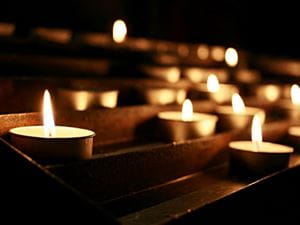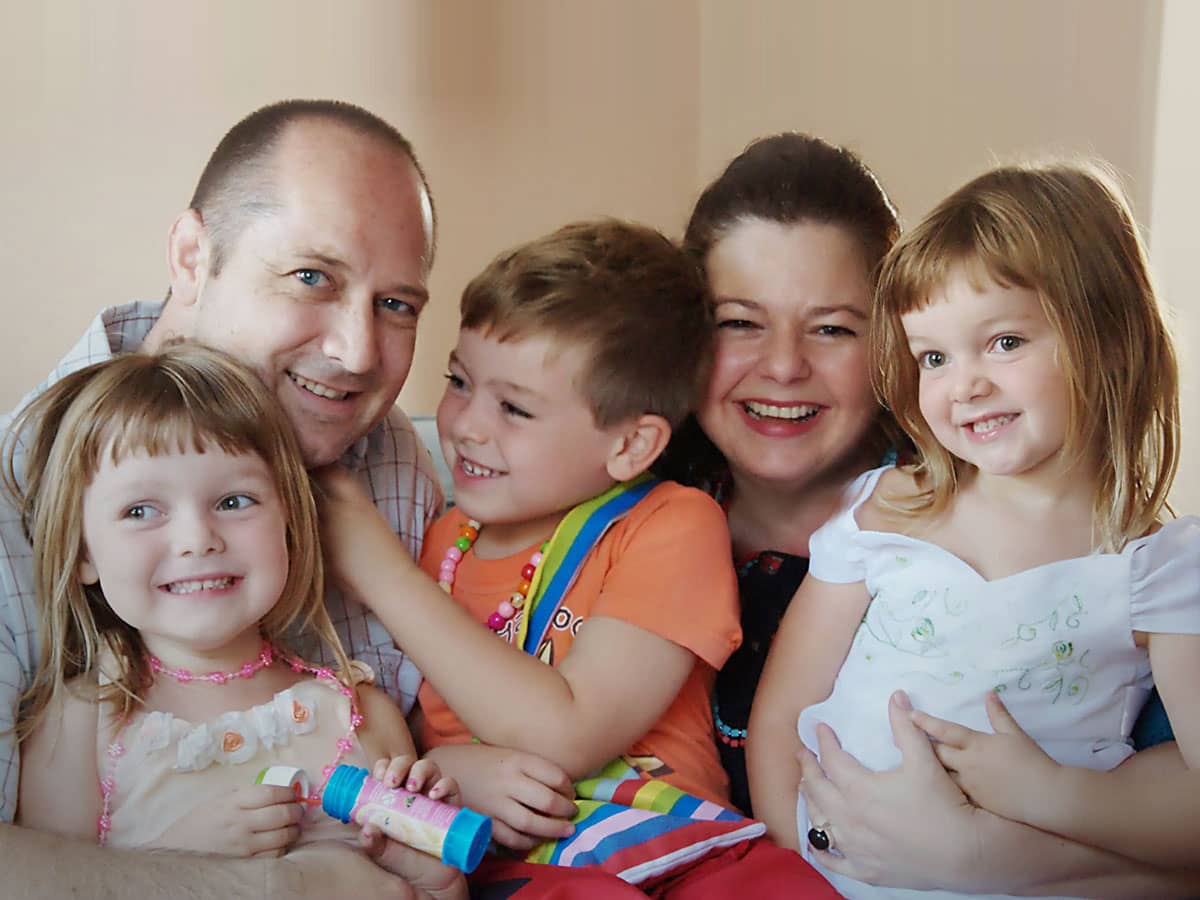
When the rest of you Christians are celebrating the nativity of Jesus later this month, believers like me deck the halls and fa-la-la right along with you. And then we will go back home and resume our fasting and wait for the “real” Christmas, on January 7. This requires an explanation. Last fall, the tiny community of Orthodox Christian believers in my small south Louisiana town considered whether or not to start a mission church here. The Russian Orthodox Church Outside Of Russia (ROCOR) had offered to send a priest. Would we accept him? As we deliberated, we talked about how hard it would be to transplant the ancient but culturally alien form of Christianity into the rural South. As if it weren’t difficult enough, ROCOR adds an even more unusual twist: it adheres to the Old Calendar, or Julian dating system (versus the Gregorian, the “New Calendar” that the rest of the world, including the Orthodox world, uses). This means that the celebration of the Nativity falls not on December 25, but sometime in January.
For Western converts to Orthodoxy, learning to celebrate Easter on a different day than Western Christians is not that big of a deal. But having to celebrate Christmas in January? That’s something else. For the month of December, all of American culture gives itself over to spasms of Christmas celebration – and, of course, commercialism. We were all raised in this, and aside from the uglier sides of consumerism – Black Friday is aptly named -- I say without apology that I love it. Love it! In all its gaudy, noggy, tinselly, carolly splendor! The build-up to the December 25 bacchanal really is, as Andy Williams purred, the most wonderful time of the year. And now we would be asked to give that up, more or less.
That didn’t stop us from founding the mission and welcoming the pastor, but I told Father Matthew that delaying Christmas would be a big problem for me. It’s less of a problem than you think it will be, he responded. There’s nothing wrong, he said, with celebrating Western Christmas with your friends and family, as a cultural holiday. “We have found that having religious Christmas later helps us focus more on the spiritual meaning of the Nativity,” he told me. I was skeptical. My family tried it for the first time last December. While everybody else was putting up their trees in the early part of the month, the Dreher living room was bereft of greenery. On December 23, we bought a gorgeous fir tree for a fraction of what it would have cost us earlier. That was a treat. We decorated the tree, and on Christmas Eve, went to my family’s big Christmas party. Like everybody else, we opened presents on December 25, and participated in the cheerfulness of the day. The only thing we didn’t do was go to church. When Russian Orthodox Christmas arrived in January, it didn’t feel like Christmas at all. But here’s the thing: suddenly, the strangeness of the Nativity – of God Himself being born in a stable in Bethlehem – seemed more stark. Somehow, losing the cultural trappings of Christmas, as wonderful as they are, brought the true meaning of the holiday more sharply into focus. Father Matthew had been right. Mind you, I would still rather have Christmas when everybody else does, because it’s fun, and it’s familiar. Sometimes, though, it’s good to have our customs and habits disrupted. It’s good to remember that Christianity is, in this day and age, countercultural. In traditional Christian observance, Advent – that is, most of the month of December – was a time of fasting in preparation for the Christmas feast. (This is what the “Twelve Days Of Christmas” carol, which never made sense to me as a kid, is all about.) As an Orthodox convert, I have spent the last seven Decembers fasting instead of feasting. It’s not much fun -- but then again, it’s not supposed to be. We fast to remember the darkness in which the world lived before that holy night when, as the Christmas hymn has it, “He appeared, and the soul felt its worth.” The fast intensifies the joy of the feast. And now, under the Old Calendar, I’m learning that delaying the feast intensifies the identification of Christmas with, well, Christ. It is not easy in our highly commercialized culture to live by this older tradition, but if you are, like me, one of those “Keep Christ in Christmas” types, it’s hard to think of a better way to do it.
Rod Dreher can be reached at rod@amconmag.com

